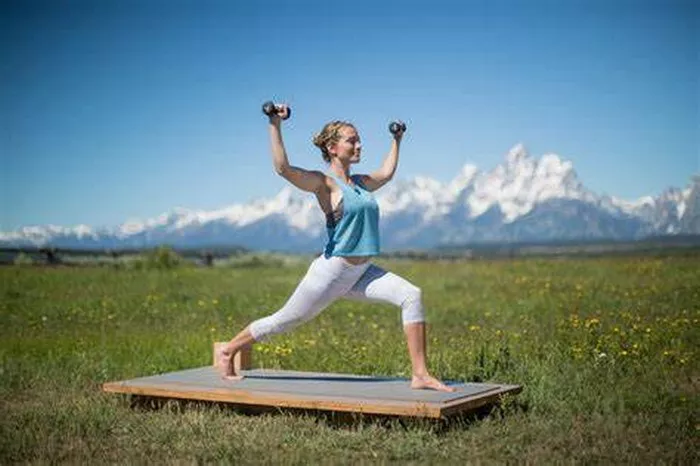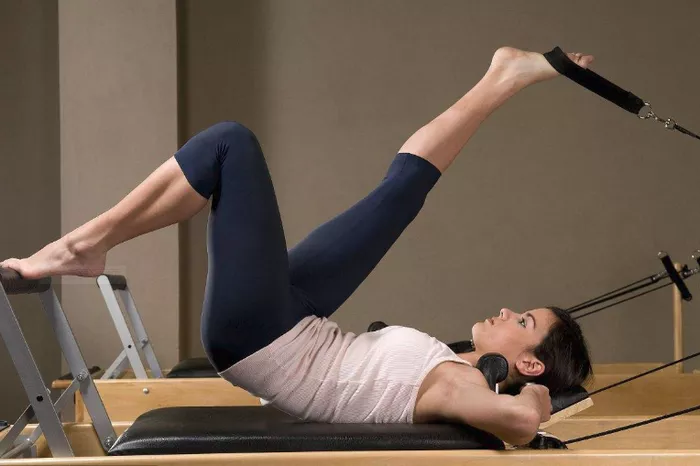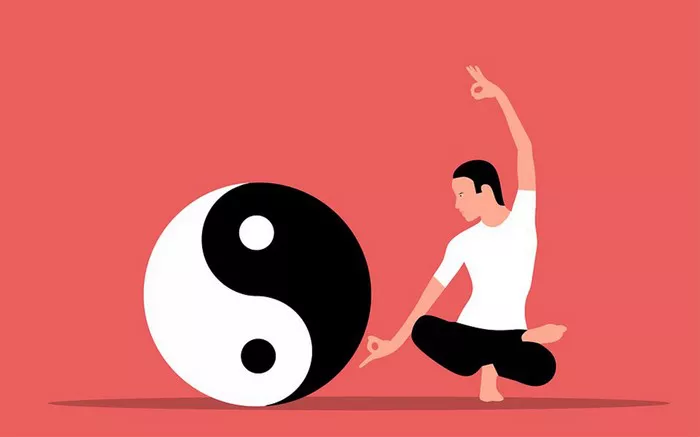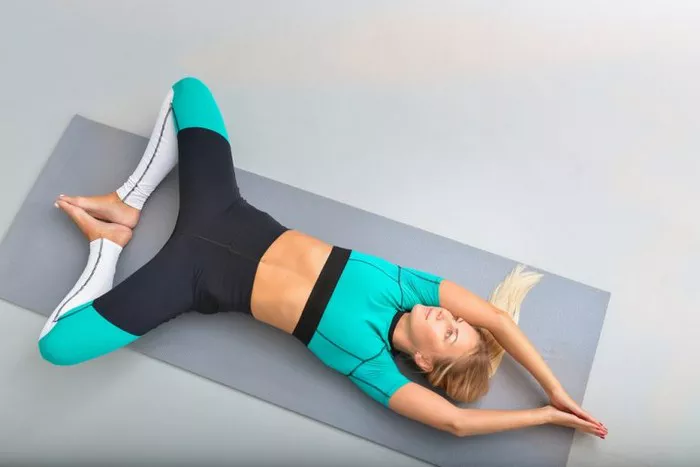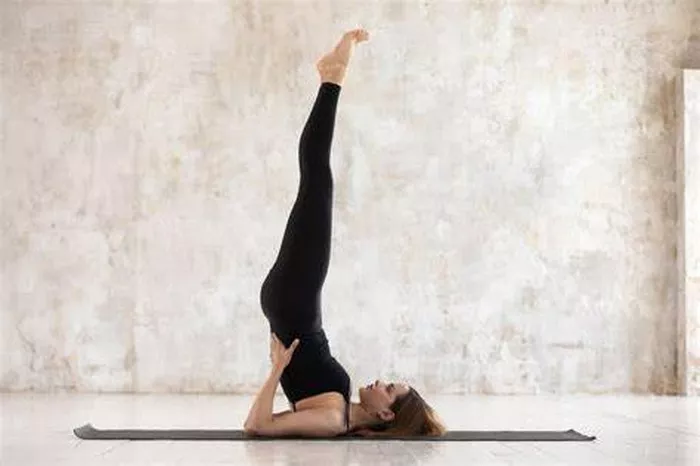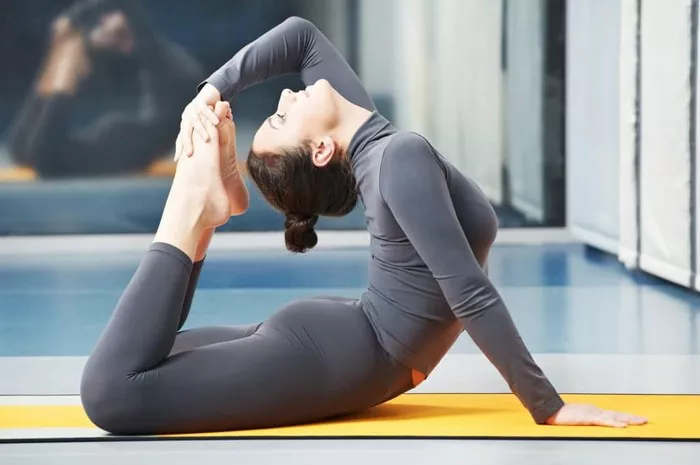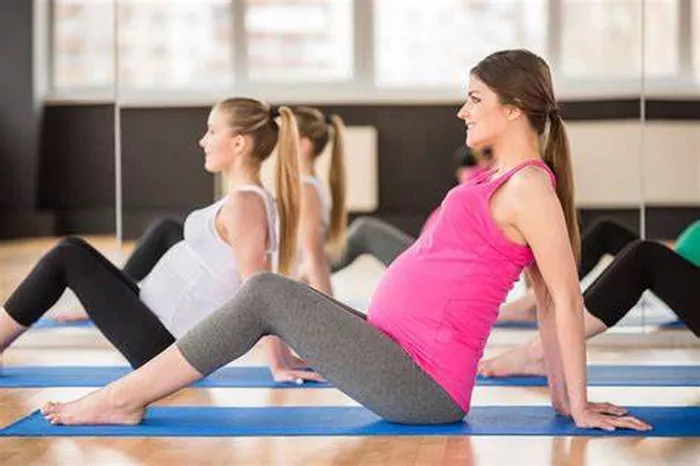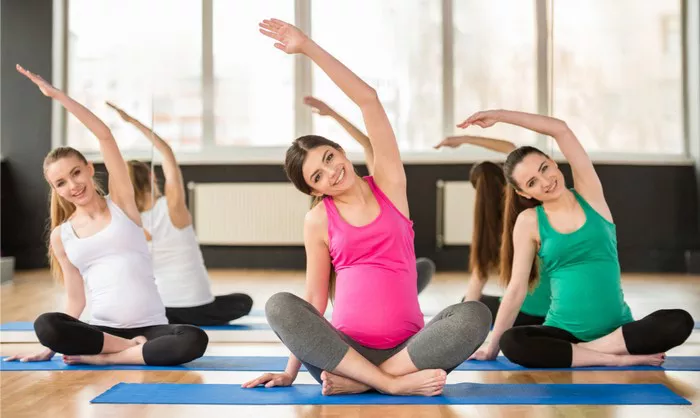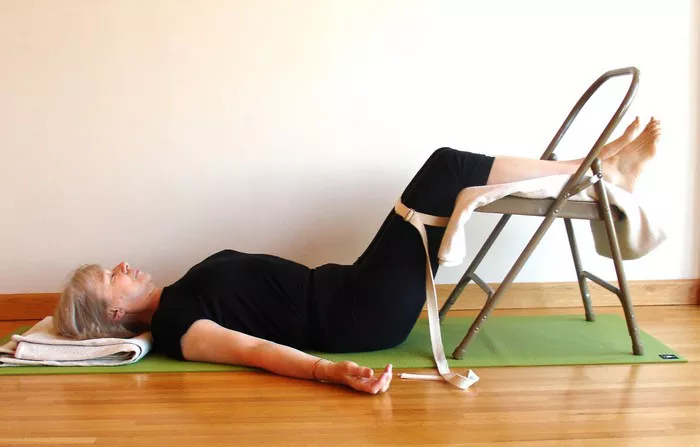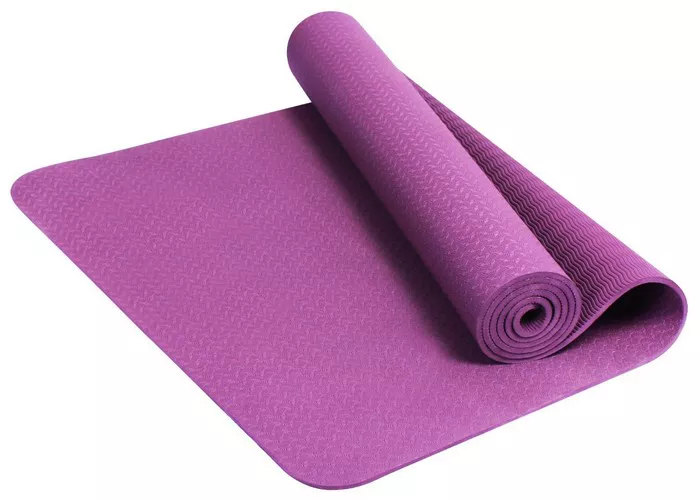Hatha Yoga, an ancient practice that incorporates physical postures (asanas), breathing techniques (pranayama), and meditation, has long been recognized for its benefits in promoting overall well-being. Whether you are a seasoned practitioner or just starting your yoga journey, the time of day you choose to practice Hatha Yoga can influence the effectiveness of your session. This article will explore the best time to do Hatha Yoga, taking into account various factors such as physical and mental states, the impact of the time of day on your body, and how your lifestyle and goals can guide your choice.
The Science of Timing and Yoga Practice
To understand the best time to do Hatha Yoga, it is important to first examine how our body and mind respond to different times of day. Our internal biological clock, known as the circadian rhythm, regulates physical, mental, and behavioral changes throughout a 24-hour period. This rhythm governs aspects such as hormone production, body temperature, and levels of alertness.
The time of day you choose to practice yoga can influence how your body responds to the asanas and pranayama exercises. Early mornings, mid-day, and evenings each come with their unique benefits and challenges. To determine the best time for your personal practice, consider factors such as energy levels, mental clarity, and your overall lifestyle.
Morning Practice: Starting the Day with Energy and Clarity
For many yoga practitioners, the early morning hours are considered the most optimal time for Hatha Yoga. There are several reasons why morning practice is highly recommended for a majority of people:
1. Increased Flexibility
During the night, the body naturally enters a state of rest and recovery, and muscles become relatively relaxed. As a result, practicing yoga in the morning allows you to take advantage of this natural flexibility. The joints are often more supple and the body is more open, making it easier to move into deeper stretches and poses.
2. Clear Mind
Morning practice offers the opportunity to cultivate a peaceful and focused mind before the stresses of daily life begin. After waking up, your mind is generally free of distractions, which can lead to a more focused, intentional practice. By setting aside time to practice in the morning, you can develop greater mental clarity that may carry through the rest of your day.
3. Boosted Energy and Metabolism
Starting your day with Hatha Yoga can stimulate your energy levels and promote a sense of vitality. The dynamic movements, combined with breathing exercises, activate the parasympathetic nervous system, which in turn can boost circulation, increase metabolism, and provide sustained energy throughout the day. As a result, morning practitioners often experience a greater sense of alertness and enthusiasm, which can enhance productivity in both personal and professional endeavors.
4. Consistency and Discipline
By incorporating yoga into your morning routine, you are more likely to maintain consistency in your practice. Starting the day with an established routine helps cultivate discipline, which is essential for experiencing the long-term benefits of yoga. Additionally, early morning yoga allows you to practice before other responsibilities and distractions take over your day, leading to a greater sense of accomplishment.
Ideal Time: 5:30 AM – 7:00 AM
Many experienced yoga teachers suggest practicing Hatha Yoga early in the morning, ideally between 5:30 AM and 7:00 AM. This timeframe aligns with the natural rise in energy and the body’s internal rhythms, allowing for an optimal practice that can set a positive tone for the rest of the day.
Mid-Day Practice: Perfect for Recharging and Refreshing
While early mornings are ideal for many, mid-day practice can also offer unique benefits. For those who have more flexible schedules or find mornings too rushed, practicing yoga in the middle of the day can provide a valuable opportunity for physical rejuvenation and mental focus. Let’s look at some of the key advantages of practicing Hatha Yoga during lunch breaks or midday:
1. Counteracting Work Fatigue
After a few hours of work, your body and mind may begin to feel sluggish or fatigued. Mid-day practice is an excellent way to break up the workday and combat feelings of tiredness. Asanas like backbends and standing poses can help release tension, improve circulation, and alleviate stiffness from sitting at a desk for long periods. A short yoga session can leave you feeling invigorated and ready to take on the rest of the day with renewed energy.
2. Enhanced Mental Focus
Practicing yoga during lunch or midday offers a mental reset. The combination of asanas and pranayama can refresh your mind, restore concentration, and help you approach the remaining hours of your workday with a clear head. For those who work in high-stress environments, taking a break for a yoga practice can be an effective way to reduce anxiety and sharpen focus.
3. Releasing Emotional Stress
Yoga offers a safe space for releasing accumulated tension and emotions. Mid-day practice can provide an opportunity to process stress or emotional imbalances that may have developed throughout the morning. By returning to your breath and focusing on mindful movement, you create an environment that supports emotional balance and well-being.
Ideal Time: 12:00 PM – 1:30 PM
For those with a break during the middle of the day, this time slot can be perfect for incorporating a Hatha Yoga session. It allows for a brief escape from daily responsibilities while helping to restore energy and mental clarity.
Evening Practice: Unwinding and Letting Go
For those who find mornings or mid-day to be inconvenient, evening yoga can be a great option. Evening practice can offer a sense of relaxation and release, making it an ideal way to wind down after a busy day. Let’s explore the potential benefits and considerations for practicing Hatha Yoga in the evening:
1. Releasing Tension from the Day
After a day of work or other activities, your body may accumulate tension, especially in the shoulders, back, and hips. Evening practice provides the opportunity to gently stretch and release this built-up tension, helping you to unwind physically and mentally. Deep stretches and restorative poses such as forward bends and supported asanas can help calm the nervous system, making it easier to let go of the day’s stresses.
2. Improved Sleep Quality
Practicing Hatha Yoga in the evening—especially slower, more restorative styles of yoga—can help prepare the body and mind for restful sleep. Yoga helps activate the parasympathetic nervous system, the part of your nervous system responsible for relaxation. By engaging in deep breathing exercises and mindful movement, you signal to your body that it’s time to unwind and transition into a peaceful state before sleep. This can be particularly beneficial for people who struggle with insomnia or restlessness.
3. Emotional Balance and Reflection
Evening practice offers a time for self-reflection. The practice of yoga allows you to check in with your body and mind at the end of the day, processing any emotional or mental challenges that may have arisen. Meditation and breathwork can support emotional healing and help you approach your evening with a sense of peace and balance.
4. Gentler Practice
Unlike the energized movements of a morning or midday practice, evening yoga can be more restorative and gentle. You may want to focus on slower-paced asanas, longer-held poses, and deep breathing techniques that foster relaxation. Gentle twists, forward bends, and supine postures are excellent choices for evening practice.
Ideal Time: 6:00 PM – 8:00 PM
Evening practice is typically best done 2–3 hours after your last meal to allow for proper digestion. Practicing yoga during this window supports relaxation without overstimulating the body before bedtime.
Factors to Consider When Choosing the Best Time
While the time of day you choose for your Hatha Yoga practice has its advantages, there are also other factors to consider. The best time for you may depend on your lifestyle, goals, and specific needs.
1. Personal Schedule
Your daily routine will play a significant role in determining the best time to practice. If you are someone who has a busy morning, a mid-day session may be more feasible. Alternatively, if you feel more energetic at the start of the day, early morning practice could be ideal. The key is consistency. Choose a time that allows you to commit to your practice regularly.
2. Goals and Intentions
Your personal goals will also influence the best time for you to practice Hatha Yoga. If your primary goal is to increase flexibility, morning sessions may be more effective. If you want to relieve stress and tension, an evening practice might suit your needs. Consider how yoga fits into your overall health and wellness plan to make a more informed choice.
3. Physical and Mental State
The time of day that works best for you may vary depending on how you feel physically and mentally. If you wake up feeling stiff or tired, a gentle morning practice may help you ease into the day. If you feel restless or over-stimulated in the evening, a calming and centering practice can help bring balance to your mind and body.
Conclusion
In conclusion, there is no one-size-fits-all answer to the question of when the best time to do Hatha Yoga is. The ideal time depends on a combination of factors such as your daily routine, your physical and mental state, and your personal goals. Morning practice offers a chance for increased flexibility, mental clarity, and energy for the day. Mid-day practice can recharge and refresh your mind and body, while evening sessions are excellent for releasing tension and preparing for restful sleep.
The most important aspect of your practice is consistency. Choose a time that works best for your lifestyle, and commit to practicing regularly. Whether you practice in the early morning, during your lunch break, or in the evening, Hatha Yoga will offer you profound benefits, helping to cultivate a sense of peace, strength, and balance in your life.
Related Topics:



